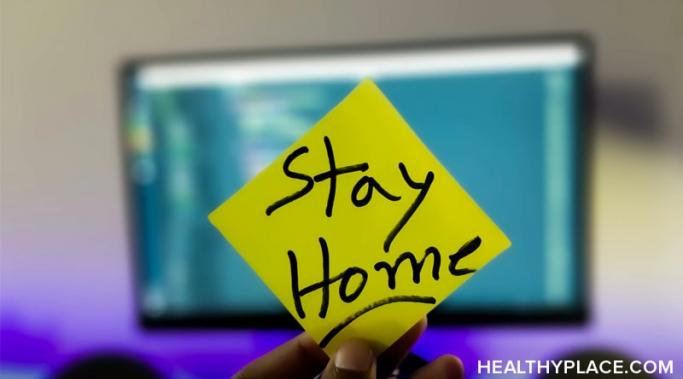The forced isolation of the pandemic offers us a unique opportunity to focus on how to build self-esteem. Many of us are spending this time alone without the support that we have learned to rely on. This can be very intimidating as we are forced to do things for ourselves that we are not used to doing, but it can also be very freeing by allowing us to experiment and practice new skills without the world watching. It can be a perfect time for building self-esteem.
Self Confidence
We can build and maintain healthy self-esteem by helping others and earning their gratitude and appreciation. Strong self-esteem comes from believing in our value as a person. One way to feel that we are worthy of self-respect is to be there for others in need.
My usual routines for self-care are failing while I'm in quarantine, and my self-esteem is suffering because I feel unproductive. Healthy self-esteem allows us to take care of ourselves and love ourselves because we believe we are worth the effort. The last few weeks have been difficult as I struggle to adapt to the restrictions placed on us by the COVID-19 pandemic. After I spent one week doing nothing to take care of myself, I created a quarantine routine to help rebuild my self-esteem and get back to feeling productive.
Setting reasonable expectations for yourself can create healthy self-esteem, while unreasonable expectations can negatively affect your self-esteem. When you don't meet your goals, you disappoint yourself and possibly others. If you have healthy self-esteem you trust yourself to fulfill your commitments. I'm going to share how learning to set reasonable expectations for myself made me successful last week and helped me build a stronger sense of self-esteem.
Are there any activities to build self-esteem? Yes, there are. In fact, the most common question I get asked about building self-esteem is where to start. Often, we can clearly picture the version of ourselves we desire to embody, yet we struggle to take the first few steps towards it. Self-esteem starts to feel like a massive undertaking, something we can see in the distance but never gets any closer. To help, here are a few fresh new activities to build self-esteem that have worked for several of my clients.
Does seeing a therapist increase self-esteem and the self-esteem building process? While our society is working hard to de-stigmatize the belief that therapy exists only for people in crisis or with chronic mental illness, we still tend to think of therapy as something to help us move from bad to neutral, instead of from neutral to good. Yet therapists are trained to understand how the mind can build confidence and create sustainable change. As you consider adding therapy to your self-esteem journey, read on to learn three ways that therapy can help increase self-esteem.
Vulnerability is not something we normally link with self-esteem. We are much more inclined to picture an impenetrable sort of confidence, a version of ourselves where nothing can breach our walls of strength and self-adoration. Yet vulnerability is not only an incredibly powerful tool for those already on the road towards building self-esteem–it is also a very good place to start.
While we would all love to build our self-esteem as quickly and effectively as we can, sometimes the process feels daunting. When we get lost in the expectations of self-esteem and forget some of the realities that go along with it, we can feel lost. Here are three things to remind yourself about building self-esteem.
Finding self-love after a traumatic suicide attempt seems like a daunting task. After all, of the many thoughts circling the brain after an event of intended suicide, very few of if any are positive. It's more common to feel fear, shame, and misery. And eventually the question will arise–can I ever learn to love myself after the trauma of a suicide attempt? (Note: This post contains a trigger warning.)
What are the signs of self-esteem? What does it feel like to have healthy self-esteem? Is it unconditional adoration of yourself? Is it the confidence you can do anything? Is it the belief that you're beautiful, both inside and out? In an ideal world, we would feel all of these things. But realistically, our relationship with ourselves is complicated–we all have things we like and things we wish weren't a part of us. A completely positive self-view is overly idealistic and, frankly, inauthentic. So, if self-esteem isn't all sunshine and daisies, what is it? And how do we know if we have it--what are the signs of self-esteem?









